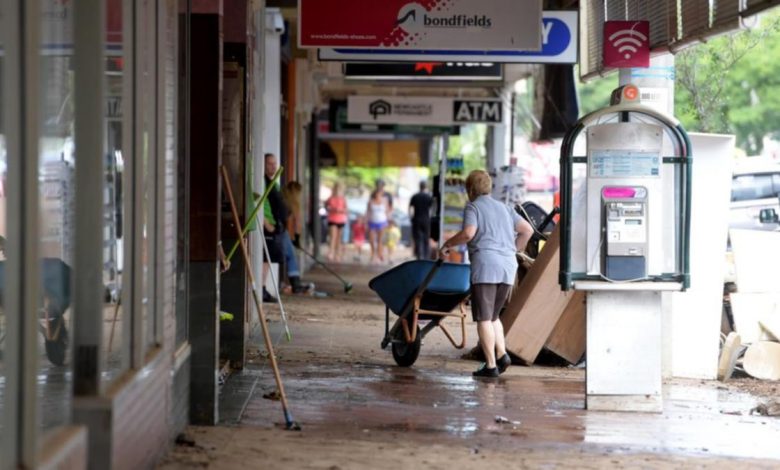Grant scheme to keep GPs in flood-ravaged Lismore

Health care providers in the NSW city of Lismore will receive an additional $5 million in government aid for flood recovery so locals can continue to have access to essential services such as GPs and dentists.
Health Secretary Mark Butler said the federal and NSW government would each contribute $2.5 million to the flood-ravaged city’s health sector, with grants of up to $150,000 available.
It comes after local doctors held an emergency summit and called for help amid fears some health workers were leaving the city, which was devastated by floods in early 2022.
The money will help healthcare companies rebuild infrastructure, replace equipment or move to new premises, the government said.
Eligible are general practitioners, allied health services, dental practices, pharmacies, local Aboriginal health services and other healthcare providers.
“Assisting primary care providers with recovery benefits the entire Lismore community and ensures local people can continue to see their own GP, dentist, psychologist or pharmacist,” Butler said in a statement.
NSW Health Secretary Brad Hazzard said the additional funding would help local health services “manage the ongoing impact of the floods”.
The Royal Australian College of General Practitioners said the funding came at a crucial time after most city health services were damaged by the floods, which killed 13 people and destroyed thousands of properties.
“Health services lost hundreds of thousands of dollars in equipment, as well as infrastructure damage, as some premises were almost completely gutted,” said the college’s NSW and ACT chair Charlotte Hespe.
“Without additional support, it is very difficult for these providers to resume full operations and help patients in need.
“This grant funding will provide much-needed support so they can continue to provide healthcare services, but … they will still be a long way from a position that will ensure long-term viability.”
The Australian Medical Association has urged governments to designate rural healthcare providers as essential workers to give them more funding security in the event of future disasters.
“As natural disasters become more frequent and intense due to climate change, governments need to have better plans to support health workers,” said Michael Bonning, NSW branch manager.



